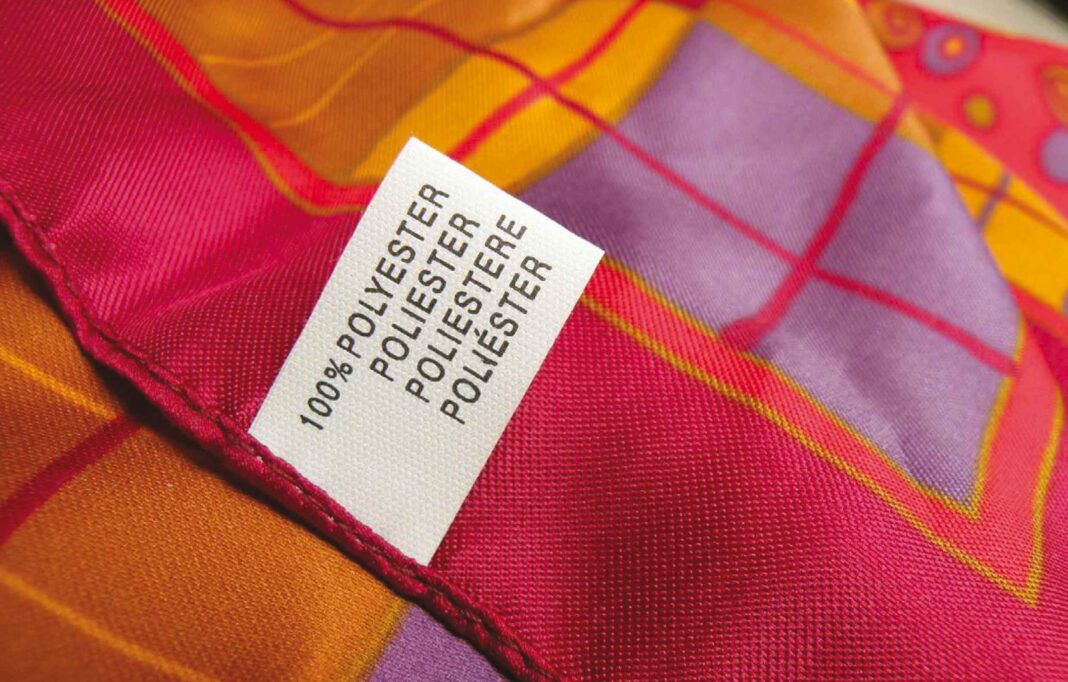For associations and NGOs mobilized against the use of fossil fuels, despite the big declarations, the promises and the multitude of misleading ecological labels and initiatives, the fashion industry has failed to make progress and reverse its catastrophic impact on the environment, or to reduce its dependence on- screw fossil fuels.
More than eight out of ten people (82 %) in France do not trust claims that clothing products are environmentally friendly (source : European Commission, Protect the environment, Eurobarometer 2020). In 2017, France adopted a law requiring companies to report on the measures they take to identify and prevent the risks of human rights and environmental violations that their activities involve. However, the law contains many gaps and gives rise to some confusion regarding its interpretation, and four years after its development and adoption, the results are disappointing. The country adopted another law in 2020 which prohibits the destruction of a set of unsold non-food products, including fashion items. Although this is a positive step forward, it is unlikely that this law will lead to a transformation of this global sector.
“As the world’s leading importer of textiles and clothing, the EU has the opportunity to play a leadership role through the adoption of strong measures. While the European Commission is currently developing its textile strategy, whose adoption is planned for this year, the Changing Markets Foundation urges it to establish a comprehensive plan to reduce the rate of clothing consumption. To do this, the Commission can lead the fashion sector away from fossil fuels, increase the quality of materials through, For example, eco-design measures, and make the textile industry responsible for the end of life of its products. Also clothes must be collected separately, reused and repaired, and the sector must start investing in viable fiber-by-fiber recycling technologies. »
“The Commission must ensure that funds provided under the EU Recovery Plan to deal with the repercussions of the Covid-19 pandemic will only be delivered to brands on the condition that they become more sustainable, and that these same funds will not be used to strengthen the failing economic model of fast fashion. The latter, in addition to constituting a disaster for the environment and people, will cost citizens dearly in the long term.
The authors of the report
Changing Markets Foundation
Working with NGO partners on market-focused campaigns, its mission is to expose the “irresponsible” practices of companies and bring about changes that move in the direction of a more sustainable economy.
Plastic Soup Foundation
NGO based in Amsterdam, whose objective is to put an end to plastic pollution at the source.
Zero Waste Alliance Ukraine
Public association that brings together zero waste initiatives.
Clean Clothes Campaign
The Clean Clothes Campaign is an international network of human rights organizations committed to improving working conditions and empowering workers in the clothing and sportswear sector across the world. world.
WeMoveEU
We Move.EU (Let's move Europe) is an independent organization which aims to form a powerful collective force of citizens to transform Europe and make it more humane, democratic, fair and sustainable.
No Plastic in my Sea
No Plastic in my Sea aims to fight against plastic pollution and its consequences on the marine ecosystem.












